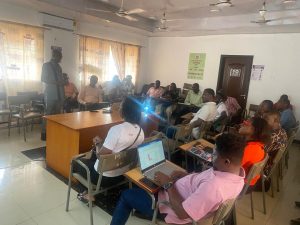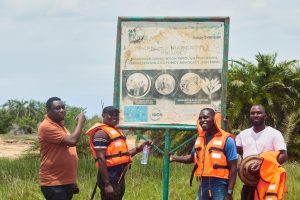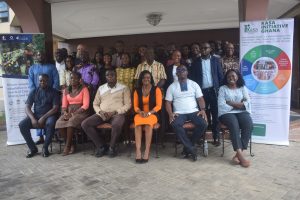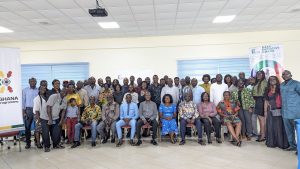Galamsey operations over the years have destroyed most of our agriculture lands, as well as polluted many water bodies in Ghana. This has subsequently led to water shortages in some parts of the country. The saddest part of this is that most of these illegal galamsey operations are carried out by Chinese nationals who use heavy machinery in their illegal activity. To add insult to injury, some of these Chinese galamsey operators have their own armed private security personnel who harass and intimidate locals. This poses a major risk for national security. The galamsey menace is, therefore, one that has to be ruthlessly dealt with. On the contrary, it has been reported that our Minister For Lands and Natural Resources, John Peter Amewu, on Monday in the quest to solve this social canker held an emergency meeting with the Chinese Ambassador to Ghana, Sun Baohongand, and BEGGED her to help address this issue – a move that was totally needless and even unacceptable! The laws of the country on illegal mining are clear, and they restrict foreigners from engaging in small scale mining. What those Chinese nationals are doing is therefore a criminal act and must been seen as such. We are asking the Minister to enforce our mining laws and stop begging the Chinese Ambassador to Ghana to help. The galamsey problem is a Ghanaian problem not a Chinese problem and must be solved with Ghanaian laws.






